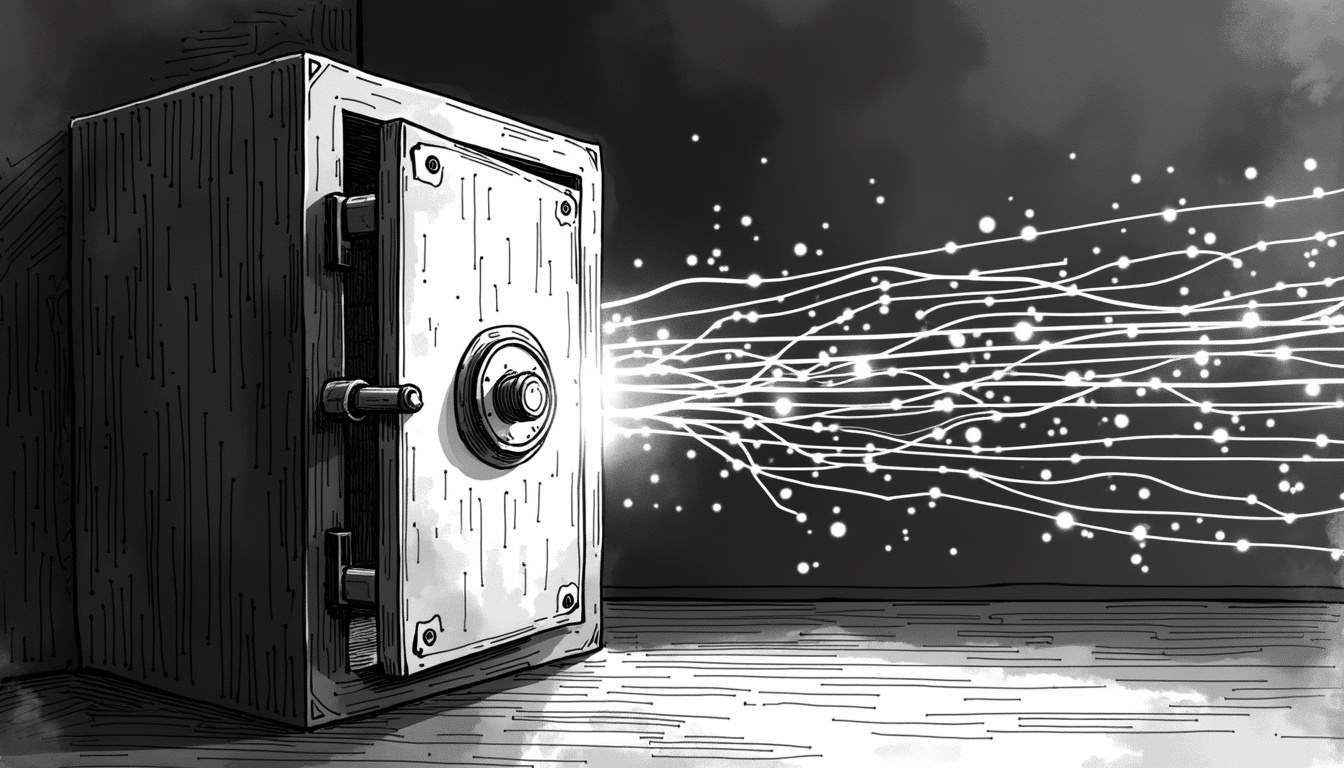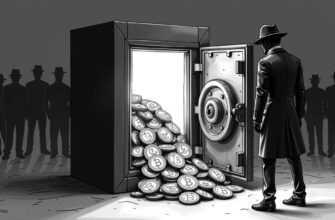As someone who’s been into the crypto space for a while now, I can’t stress enough how important it is to secure your digital assets. With the rise of online threats, knowing how to store your cryptocurrencies safely has become essential. In this post, I’ll break down the different storage options available, from old-school methods to new tech solutions.
Understanding Your Options
The Old School Way: Physical Safes and Cold Storage
Let’s start with the basics. Cold storage methods like hardware wallets or even physical safes are top-notch for keeping your private keys offline. These methods are practically immune to online attacks—no hackers, no phishing scams, and definitely no malware getting in there. Hardware wallets are especially good since they’re designed specifically for this purpose.
The Other Side: Hot Wallets and Online Solutions
On the flip side, you have hot wallets. These are connected to the internet and while they offer convenience—let’s face it, it’s easier to access your crypto when it’s not locked away in Fort Knox—they come with risks. If you’re using a hot wallet without some serious security measures (hello two-factor authentication), you’re basically inviting trouble.
Advanced Measures
Some folks go a step further by storing their hardware wallets inside physical safes. This adds another layer of security that’s hard to beat. On the other hand, if you’re sticking with digital solutions, make sure you’re using top-tier software and are aware of potential phishing scams.
The Future: Blockchain Technology
Now let’s talk about blockchain technology itself—it’s actually set up in a way that could revolutionize secure storage.
- Decentralization means there’s no single point of failure.
- Immutability ensures that once something is on the blockchain, it can’t be changed.
- Encryption keeps everything safe.
These features make blockchain an attractive option for future storage solutions.
Pro Tips for Securing Your Crypto
- Cold Storage is Your Friend: If you have significant amounts of crypto, consider putting them into cold storage.
- Be Security Savvy: Use multi-factor authentication and strong passwords if you must use hot wallets.
- Watch Out for Phishing: Always double-check URLs and never share your private keys or recovery phrases.
- Backup Everything: Make sure you have multiple backups of your wallet’s recovery phrase stored in secure locations.
Summary
At the end of the day, securing your cryptocurrency boils down to understanding your options and being smart about them. Whether you choose old-school methods or new tech solutions like blockchain, just make sure you’re doing something—because leaving it unprotected? That’s asking for trouble!








